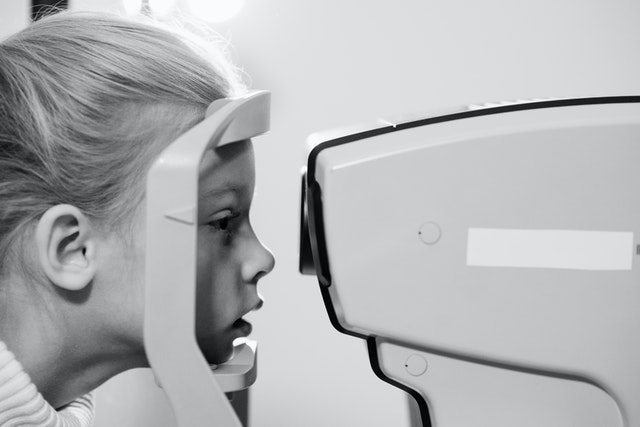You have heard the saying that your eyes are a window to your soul. It is also true that your eyes are a window to your total health status. This is because during an eye examination, an optometrist can detect various general health conditions in addition to vision problems. Some of these include:
- Diabetes
- Changes in the retina, such as diabetic retinopathy, can be signs of diabetes. Small blood vessel damage and leaking fluids can indicate elevated blood sugar levels.
- Hypertension (High Blood Pressure)
- Signs like narrowed or burst blood vessels in the eyes can indicate high blood pressure. Hypertensive retinopathy can cause changes in the retina’s blood supply.
- High Cholesterol
- Cholesterol deposits in the eye, known as corneal arcus, can sometimes indicate high cholesterol levels, especially if they appear in younger individuals.
- Autoimmune Diseases
- Conditions like rheumatoid arthritis or lupus may lead to dry eye syndrome or inflammation of the eye’s outer layers (scleritis, uveitis).
- Thyroid Disease
- Thyroid eye disease can cause bulging eyes (exophthalmos), redness, or swelling, which may signal thyroid dysfunction, especially in cases of hyperthyroidism (Graves’ disease).
- Multiple Sclerosis (MS)
- Optic neuritis, which involves inflammation of the optic nerve, can be an early sign of MS. Patients may experience sudden vision loss or pain with eye movement.
- Cancer
- Some eye cancers (like melanoma of the eye) or signs of metastasized cancers can sometimes be detected during an eye exam. Unusual spots or lesions in the retina may raise concern.
- Atherosclerosis (Hardening of the Arteries)
- Blockages or plaque buildup in the retinal blood vessels may suggest cardiovascular issues.
- Brain Tumors
- Optometrists may notice changes in the optic nerve or eye pressure that could indicate a brain tumor. Visual field defects or double vision could also be signs.
- Anemia
- Pale or whitish blood vessels in the retina may suggest low red blood cell counts, indicating anemia.
- Stroke Risk
- Optometrists may detect early signs of a stroke, such as reduced blood flow or emboli (tiny blood clots) in the retina.
- Liver Disease
- Yellowing of the eyes (jaundice) can indicate liver dysfunction.
- Sleep Apnea
- Individuals with sleep apnea are at risk for developing conditions such as floppy eyelid syndrome or papilledema (swelling of the optic disc), which may be noted during an exam.
An optometrist’s findings can serve as an early warning and prompt further evaluation by other healthcare providers. In addition to protecting your vision health, an eye examination can help to protect your overall health.
If you would like to discuss your specific needs, you can drop by one of our locations or make an appointment with us online at https://sightcareoptometry.com/.
Note: This posting is for informational purposes only and does not attempt to diagnose or
recommend treatment for any condition. Please refer to the Ontario Association Optometrists website (https://optom.on.ca/eye-health-library) for more information or consult an Optometrist if you are experiencing eyesight issues.






